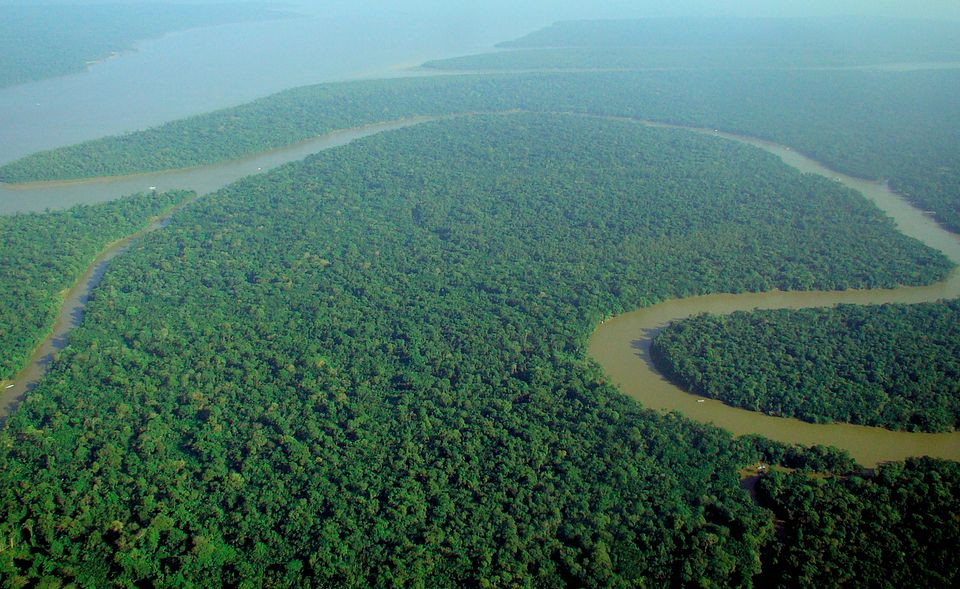
Germany has pledged support for a sweeping Brazilian initiative designed to reward developing nations for preserving their tropical forests, as world leaders gather on the fringes of the Amazon
ahead of the COP30 climate summit.
The proposed Tropical Forest Forever Facility has already attracted $5.5 billion (€4.7 billion) in initial commitments, with Norway and France joining Brazil and Indonesia as early investors. German Chancellor Friedrich Merz endorsed the scheme on Thursday, calling Berlin’s contribution “considerable,” though he declined to specify a figure.
If fully capitalised, the fund aims to mobilise up to $125 billion (€108 billion) for 74 developing countries, compensating them for each hectare of forest kept intact. The mechanism is structured around interest-bearing debt rather than traditional donations, generating returns to both repay investors and finance anti-deforestation efforts.
Brazil’s Finance Minister, Fernando Haddad, said dozens of governments—including China and the United Arab Emirates—are exploring participation. China’s Vice Premier Ding Xuexiang signalled Beijing’s willingness to deepen cooperation on rainforest protection, without committing funds.
Some notable absences underscored the political challenges surrounding climate finance. Countries such as the United Kingdom praised the proposal but offered no financial pledges.
A new incentive structure for conservation
At the heart of the Brazilian plan is a shift from goodwill-based climate funding to a model that makes forest conservation economically competitive with deforestation for agriculture or mining. Under the proposed rules, 20% of each country’s compensation would be reserved for Indigenous communities, whose stewardship has long safeguarded many of the world’s most biodiverse regions.
“With that, we can overcome policy fluctuations and secure an autonomous governance structure to support tropical forests,” said Brazil’s Indigenous Peoples Minister, Sonia Guajajara.
Large Indigenous delegations are expected at the talks, which unfold as Brazil prepares to host COP30 in Belém. The Amazon—one of the planet’s largest carbon sinks—remains central to global climate regulation, absorbing vast quantities of heat-trapping carbon dioxide.
Push to align global carbon markets
In a parallel announcement, the European Union confirmed it would join Brazil and several partner countries in a coalition seeking to harmonise global carbon markets. Brazil is pushing for COP30 to deliver an international carbon pricing framework that avoids giving any one nation dominance over emissions-trading standards.
Rather than attempting to merge nearly 200 national systems—a goal that has frustrated previous summits—the coalition aims to establish a basic set of interoperable rules to connect existing markets.
European Commission President Ursula von der Leyen called carbon pricing “one of our best assets for the climate,” adding: “Together with Brazil and other partners, let’s do it right—and let’s do it together.” Photo by lubasi, Wikimedia commons.



































